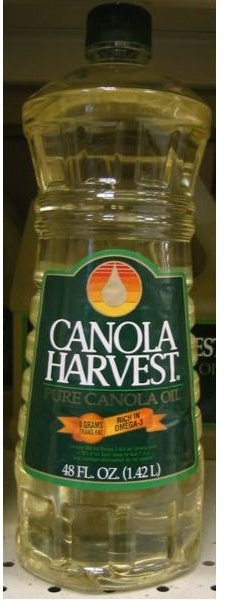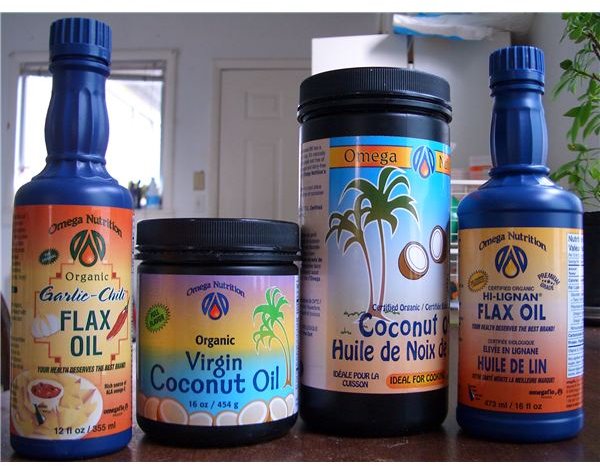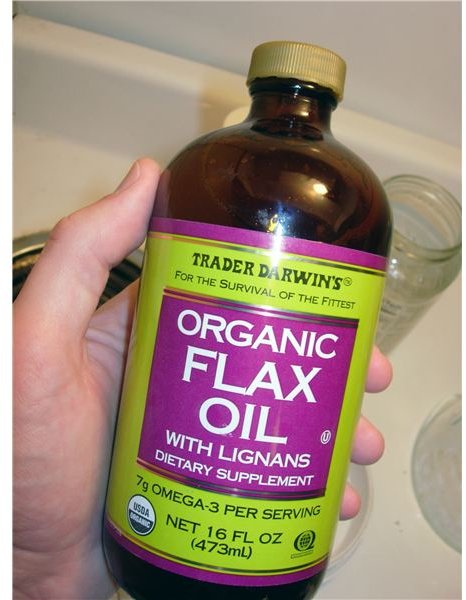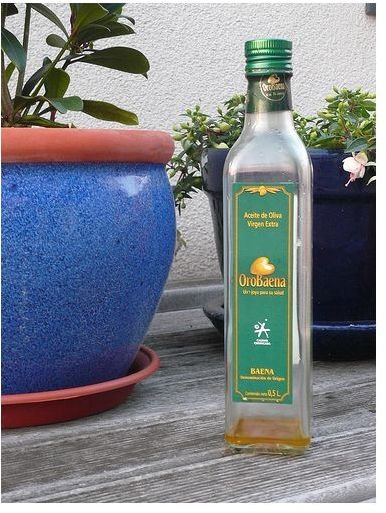Why a Cooking Oil Comparison Is Important
Are There Really Differences?
Doing a cooking oil comparison is a great way to determine the best way to use each one. While some oils don’t have a high heat tolerance, there are others that can and while some tend to provide a specific flavor, others are milder. For this reason, most people choose to keep a number of different cooking oils on hand for different recipes. Before you head out to stock up on your own favorite oils, learn more about some of the most popular options.
Olive Oil
Olive oil is considered a heart healthy choice because it is very low in saturated fat, and provides a big punch of healthy fats. One tablespoon has about 120 calories, 14 grams of fat of which only 2 grams are saturated meaning that the majority of the fat in this oil is mono and poly unsaturated. Olive oil should not be used with high heat as it creates carcinogens that aren’t healthy.
Because of this it is ideal for salad dressings, sauces, marinades and toppings for things like potatoes. Extra virgin and virgin olive oil are the least processed variety, and contain a high amount of antioxidants called polyphenols which are considered to help protect the health of your heart.
Canola Oil

Canola oil can stand a much higher heat than olive oil so it’s a great choice for stir fries and other high temperature cooking methods. Like most oils, one tablespoon has about 120 calories. It has 14 grams of fat, of which only 1 gram is saturated and the rest are heart healthy. Canola oil is also a good course of omega 3 fatty acids which are essential for optimal health. The neutral taste of canola oil allows it to be used with most foods without changing the taste too much.
Coconut Oil

Coconut oil has a very tropical taste and is great for ethnic foods, smoothies, and even to make popcorn. With 120 calories and 14 grams of fat, a big difference between coconut oil and most other oils is that a whopping 12 grams are saturated. However, the medium chain fatty acids found in coconut oil can easily be absorbed as energy by the body so they aren’t as dangerous as animal foods like meat, butter, and cheese.
Flaxseed Oil

Again, flaxseed oil has 120 calories and 14 grams of fat, 1 gram being saturated so it’s a heart healthy option. It is a great source of omega 3 fatty acids, it has a nutty flavor, and it can be used for dressings, casseroles and in smoothies or desserts. There are lignans found in flaxseed oil, which are a form of antioxidants. In fat, flaxseeds have up to 800 times for lignans than other plant foods.
Making Your Choice
When you do a cooking oil comparison, it’s important to keep in mind that the calorie and fat content in them are usually very similar so you should make your decisions based on the health aspects and flavors within each of them. If you like variety, consider stocking up on three or four different kinds of oil. They all have their own place in a healthy diet as long as they are used moderately. Enjoy!
References
Zeratsky, Katherine, R.D., L.D. : “What are the Health Benefits of Olive Oil?” https://www.mayoclinic.com/health/food-and-nutrition/AN01037
Magee, Elaine, MP..H., R.D., : “Flaxseed Health Benefits” https://www.webmd.com/diet/features/benefits-of-flaxseed
Mercola, Joseph, P.H.D., : “Coconut Oil Benefits: When Fat is a Good Thing” https://www.huffingtonpost.com/dr-mercola/coconut-oil-benefits_b_821453.html
Photo Credits
Flickr/lars Plougmann: https://www.flickr.com/photos/75062596@N00/543706789/
Wikimedia/Commons: https://commons.wikimedia.org/wiki/File:Canola_Oil_bottle.jpg
Wikimedia/Commons: https://commons.wikimedia.org/wiki/File:Omega-Nutrition-Coconut-Oil-3060.jpg
Flickr/Tellumo: https://www.flickr.com/photos/tellumo/232329562/
